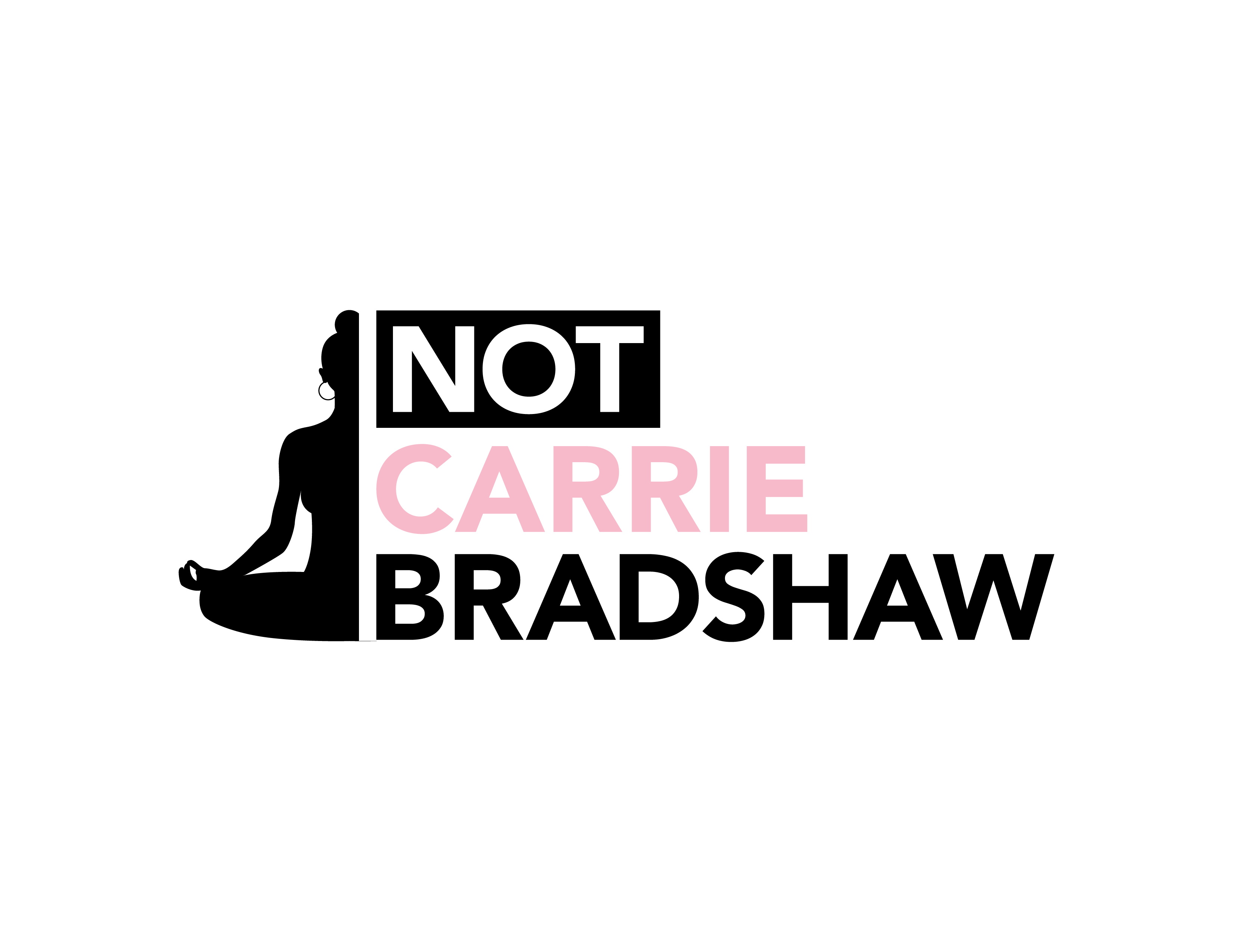
I cannot think of a single soul that was not moved upon hearing excerpts from Chimamanda Ngozi Adichie’s speech on Beyonce’s ‘Flawless.’ If you were curious like me you YouTube’d the speech to hear it in its entirety, and if you haven’t I encourage you to do so. She speaks on so many things that need to be addressed in the conversation on feminism and how society grooms women from childhood to act and speak a certain way. I will admit that it is not until I listened to this speech that I began to consider myself a feminist, but only in the purest form of the word. Meaning I fully support equality for women. There are two things that I have noticed since making this discovery about myself.
- Some mainstream feminists are more oppressive than men in their standards for how women should act. For example, if a woman wants to be a stay at home mom then she is somehow bringing down the whole gender. To which I say, no. She has the right to choose whatever kind of life she wants.
- When some of these women speak about equal rights for women, they are speaking only about women that fit within the confines of what they think a woman should be. They are not including women of different races, women with disabilities, women that are gay, etc.
 Hence, I am not surprised by Patricia Arquette’s absent minded comments following her speech at the Academy Awards.
Hence, I am not surprised by Patricia Arquette’s absent minded comments following her speech at the Academy Awards.
“It’s inexcusable we go around the world talking about equal rights for women in other countries … and we don’t have equal rights for women in America.The truth is even though we sort of feel like we have equal rights in America, there are huge issues that are at play that really do affect women. It’s time for all … the gay people and people of color that we’ve all fought for to fight for us now.”
Who is the us that she’s referring to? This begs the question: which do you identify as first? Do you label yourself a woman first, or an African American first? With regard to society as a whole, I think that we are regarded as African American first and foremost. As a result, we have an entirely different set of barriers to overcome before we even begin to talk about the inequality we face as women. My message to mainstream feminists is that you cannot pick and choose the kind of woman you want to be treated equally. When you seek to achieve equality for women, that should include all women. Even those that don’t look like you or or practice your same religion or share your same lifestyle.  It troubles me that we as black women aren’t viewed as “real women.” If you don’t believe me look back at when we were sold as slaves. No one said “hey those are women. That’s someone’s mother.” We were regarded as blacks first, and women second. Our womanhood was used against us in that we were raped or forced to bare children that were taken away from us in one form or another. Never were we treated as the damsel in distress. And over time we have learned self sufficiency and independence, which we are now criticized for. We have an incredible amount of strength and resilience out of necessity, and because of this the world looks at us as cold, angry, or harsh. The truth is there is both power and weakness in the perceived strength of black women. The world may not see us as vulnerable, innocent, in need of protection, etc. But that makes me wonder if we need the world. I don’t have the answers Sway. Just thinking/writing out loud I suppose.
It troubles me that we as black women aren’t viewed as “real women.” If you don’t believe me look back at when we were sold as slaves. No one said “hey those are women. That’s someone’s mother.” We were regarded as blacks first, and women second. Our womanhood was used against us in that we were raped or forced to bare children that were taken away from us in one form or another. Never were we treated as the damsel in distress. And over time we have learned self sufficiency and independence, which we are now criticized for. We have an incredible amount of strength and resilience out of necessity, and because of this the world looks at us as cold, angry, or harsh. The truth is there is both power and weakness in the perceived strength of black women. The world may not see us as vulnerable, innocent, in need of protection, etc. But that makes me wonder if we need the world. I don’t have the answers Sway. Just thinking/writing out loud I suppose.  “If we wait for some people to become agreeable or attractive before we begin to love them, we will never begin. If we are content to give them a cold impersonal ‘charity’ that is merely a matter of obligation, we will not trouble to understand them or to sympathize with them at all.” -Thomas Merton
“If we wait for some people to become agreeable or attractive before we begin to love them, we will never begin. If we are content to give them a cold impersonal ‘charity’ that is merely a matter of obligation, we will not trouble to understand them or to sympathize with them at all.” -Thomas Merton



I love that you pointed out that there is definitely different categories in the movement. Great read!